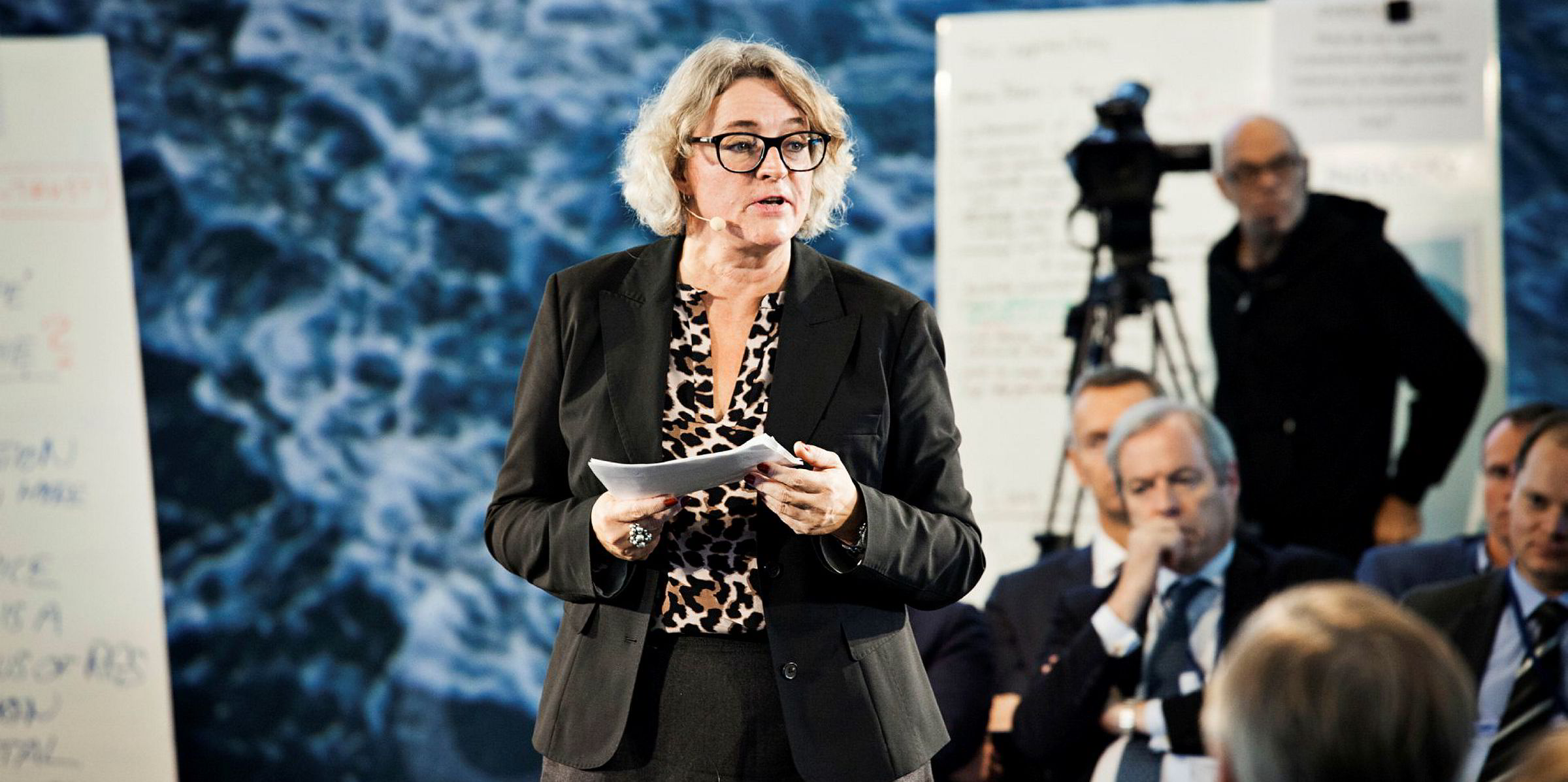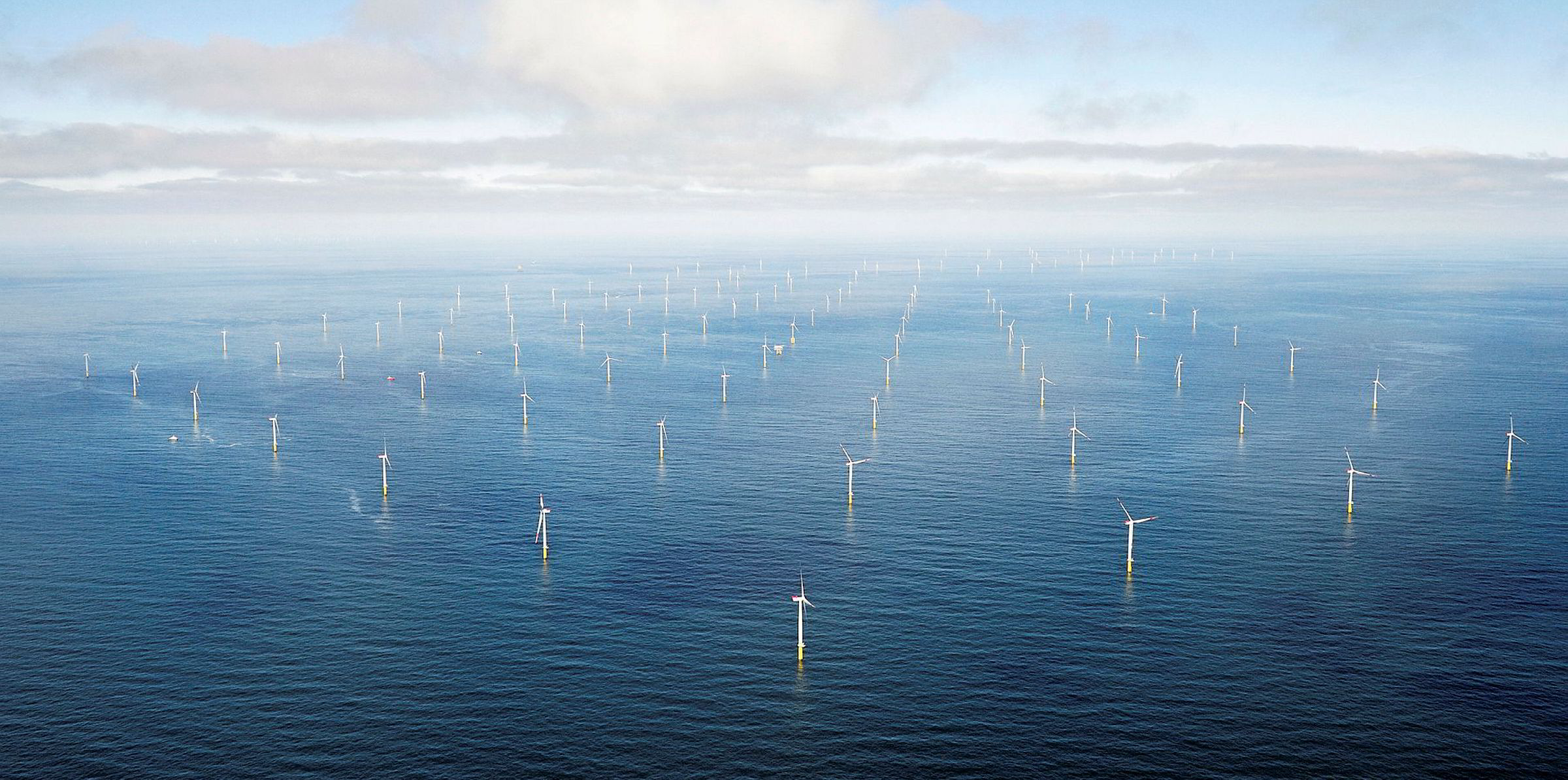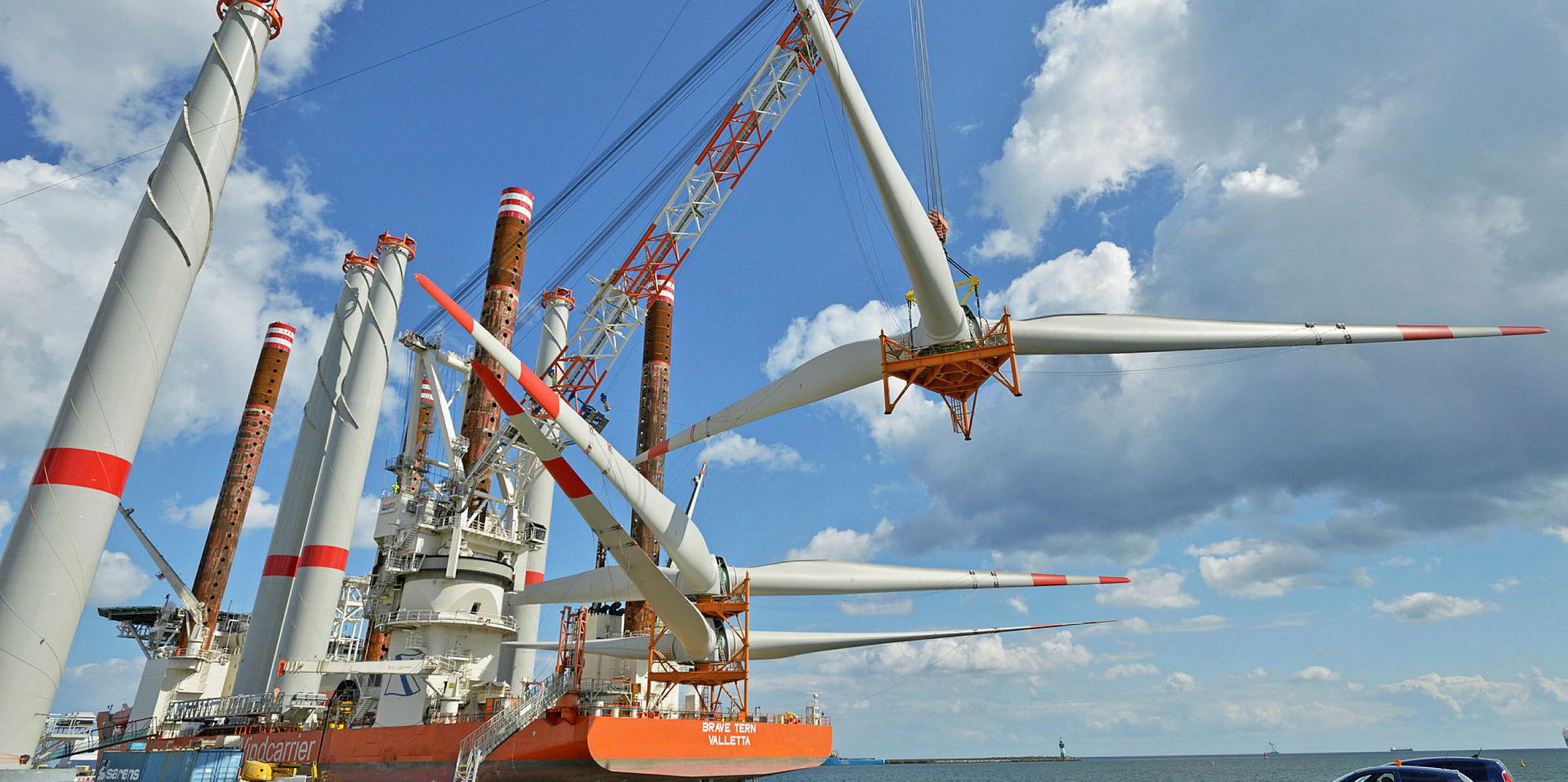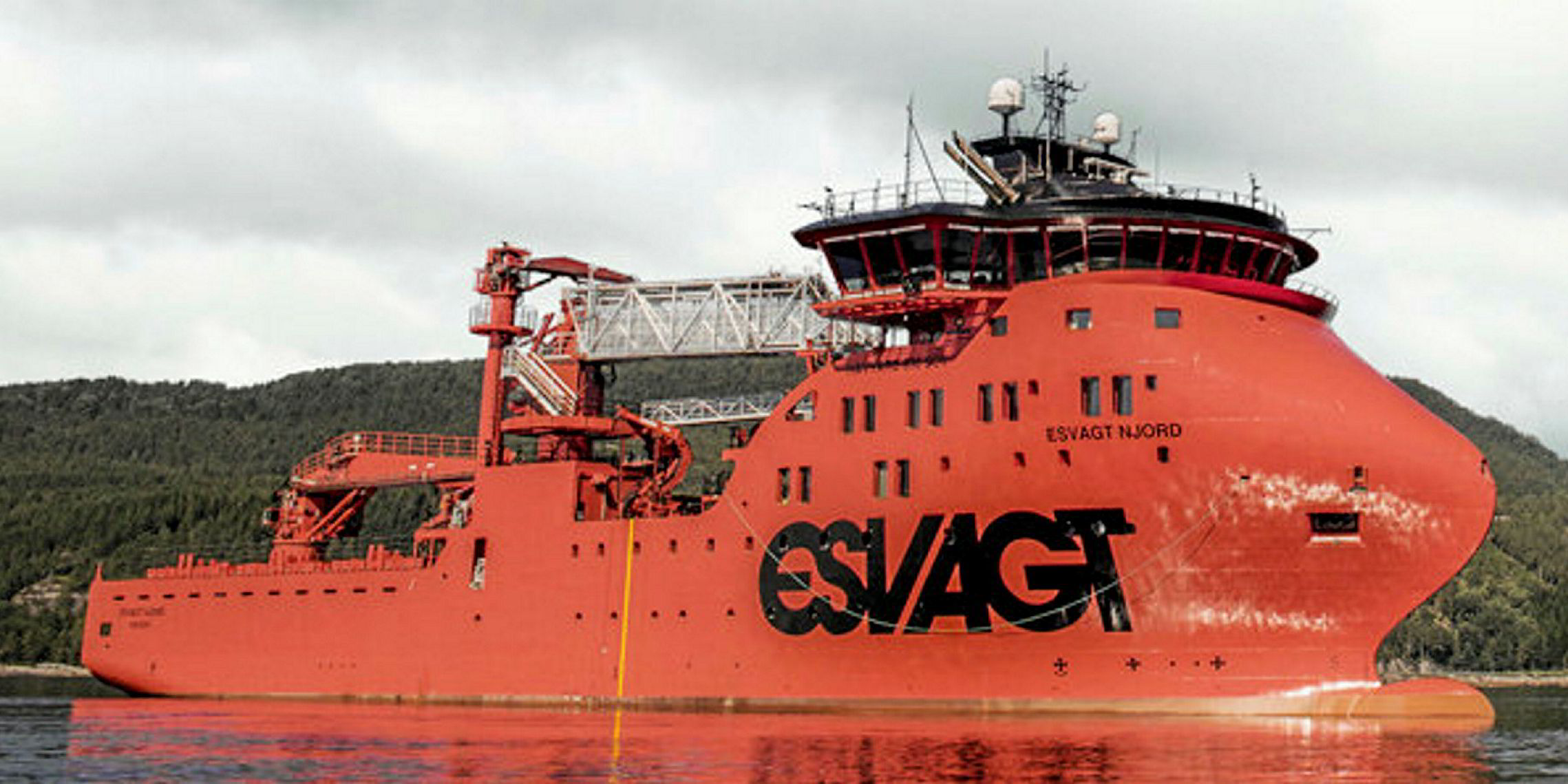Danish shipowners have hailed a landmark climate deal that will boost their prospects in the wind power sector.
Denmark's parliament voted on Sunday night to build two new energy islands totalling 5 GW at Bornholm and on an artificial island in the North Sea, as well as a new 1 GW offshore wind farm at Hesselo.
The agreement also paves the way for carbon dioxide taxes as part of moves to cut emissions by 3.4m tonnes by 2030.
The new deal "turbo-charges" the expansion of offshore wind in Denmark, shipowners organisation Danish Shipping said.
Good new for 200 ships
"With close to 200 Danish vessels dealing with offshore wind, the agreement is good news for Danish shipping companies," the group added.
"When you turn on the power outlet at home in the future, a larger portion of the power will come from wind turbines at sea."
Danish Shipping chief executive Anne Steffensen added that sea wind is already big business for maritime companies in the country.
"The decision to expand capacity in Denmark makes the playing field bigger and allows the shipping companies to grow. It provides jobs throughout Denmark," she said.

She explained that a minimum of 17 different types of vessels must be used over the lifetime of an offshore wind farm.
And Danish owners are world leaders in a number of segments, including in the field of installation, she claimed.
Strong skills needed
"Whether our shipping companies specialise in installing turbines or sailing crew back and forth, strong maritime skills are a prerequisite for the development of offshore wind," the CEO added.
"We now need that even more in Denmark, and of course we are happy to contribute to the green transition."
TradeWinds reported on Monday that the slowing pace of turbine size increases is likely to lead to a jump in service vessel orders, as owners gain more confidence that their ships will remain suitable for the work over the long-term.
Danish owners like AP Moller-Maersk, Esvagt and Wilson Offshore will be among those hoping to tap into the new projects.
"We all have a responsibility to reduce our climate footprint," said Steffensen.
"And even though we are already well underway in the shipping companies, it is important to understand that the green transition will only happen if all good forces work together."





